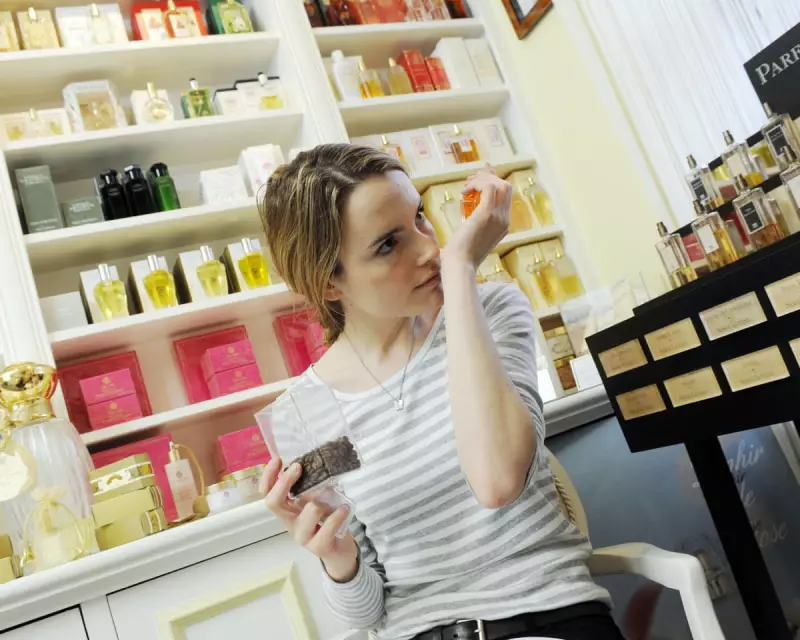
In a surreal twist for the UK's wellness and beauty sectors, the worlds of haute perfumery and prescription weight-loss medication are undergoing a bizarre and unexpected convergence. Luxury brands are now crafting fragrances that smell explicitly of calorie-dense foods, targeting a clientele simultaneously investing in pharmaceutical appetite suppression.
The Rise of the 'Edible' Eau de Parfum
Walk through the fragrance hall of any major London department store, and you'll encounter a curious phenomenon. Gone are the simple floral bouquets; in their place, scents that evoke a gourmet patisserie or a bustling food market. Perfumers are reporting a significant surge in demand for 'gourmand' fragrances—notes of salted caramel, rich chocolate, buttery pastry, and juicy mango are dominating best-seller lists.
This trend for 'foodie perfumes' is not merely aesthetic. Industry insiders suggest it caters to a complex psychological desire. For individuals using GLP-1 agonists like Ozempic or Wegovy, which dramatically curb physical cravings, these scents may offer a way to experience the pleasure of food without the calories—a kind of olfactory cheat meal.
Ozempic's Cultural Cachet Spawns a New Accessory Market
The impact of these weight-loss drugs extends far beyond the pharmacy. Their widespread use has spawned an entire ecosystem of luxury accessories. The most talked-about? High-end 'Ozempic cases'. These designer pouches, often crafted from premium leather or adorned with jewellery-like clasps, are designed to discreetly and stylishly transport weekly injection pens.
This accessories market signals a profound normalisation of these drugs within certain social circles, transforming a medical device into a status symbol. It reflects a new reality where discussing semaglutide doses is as common in some London spas as talking about skincare routines.
A Paradoxical Relationship with Food
This collision of indulgence and restraint creates a stark cultural paradox. On one hand, consumers are seeking pharmaceutical solutions to minimise their consumption of food. On the other, they are willingly enveloping themselves in the very aromas of the foods they are avoiding.
Psychologists and trend analysts are fascinated. Some propose that the fragrances provide a form of sensory satisfaction that compensates for restricted eating. Others see it as a continuation of 'food voyeurism', popularised by social media feeds filled with culinary content that is watched but not eaten.
What's Next for Wellness?
This trend highlights the increasingly blurred lines between healthcare, luxury, and personal identity. The success of both foodie perfumes and their pharmaceutical counterparts suggests a future where wellness is not just about abstinence, but about curated, controlled experiences.
As these markets continue to grow, they raise intriguing questions about our evolving relationship with pleasure, health, and consumption. One thing is certain: in the modern British wellness landscape, the answer to a craving might just be a spritz of perfume—or a tiny injection.





